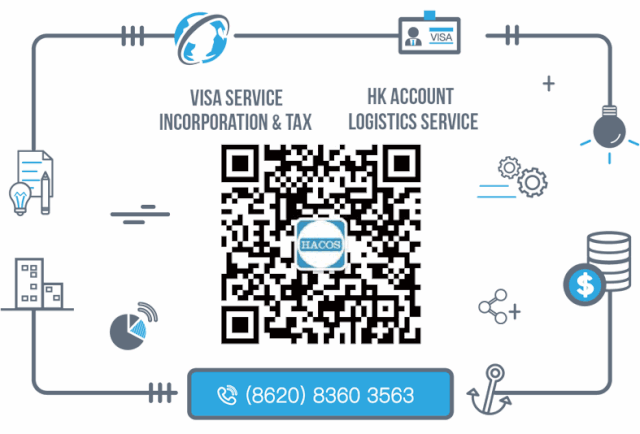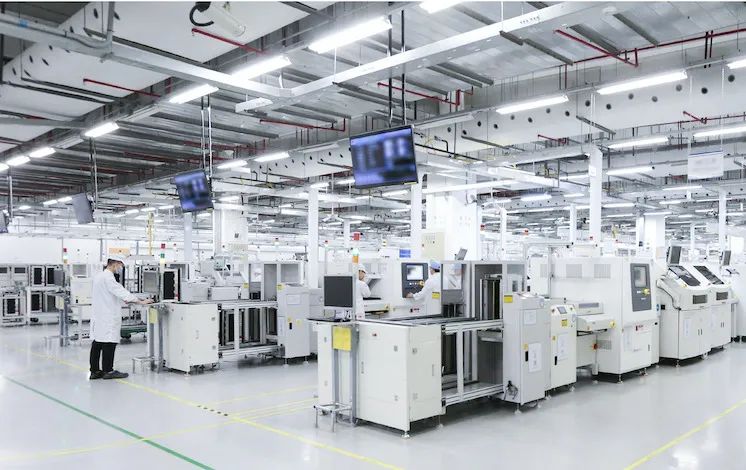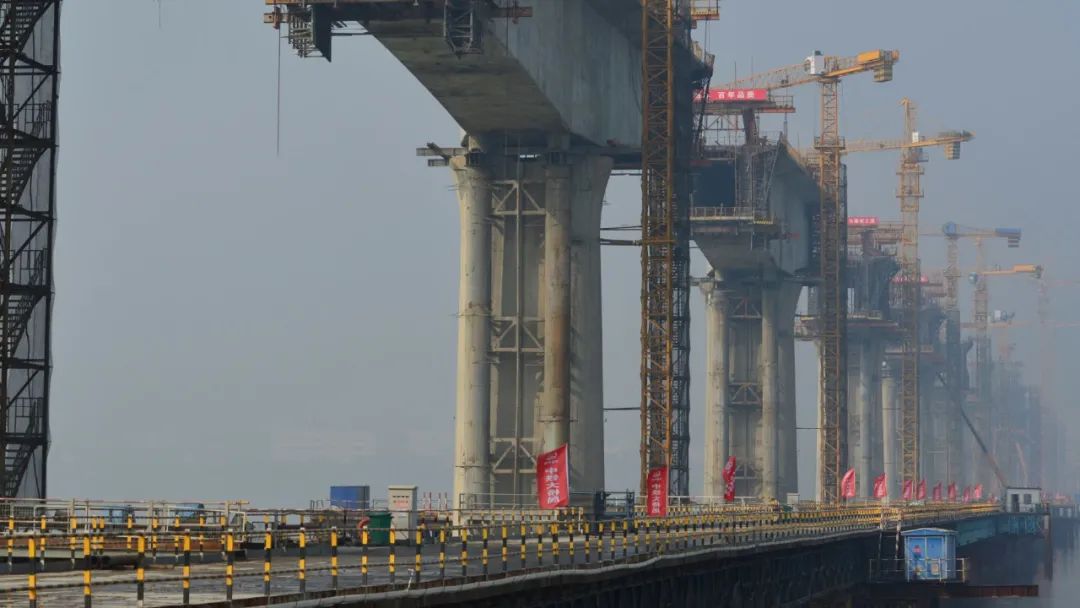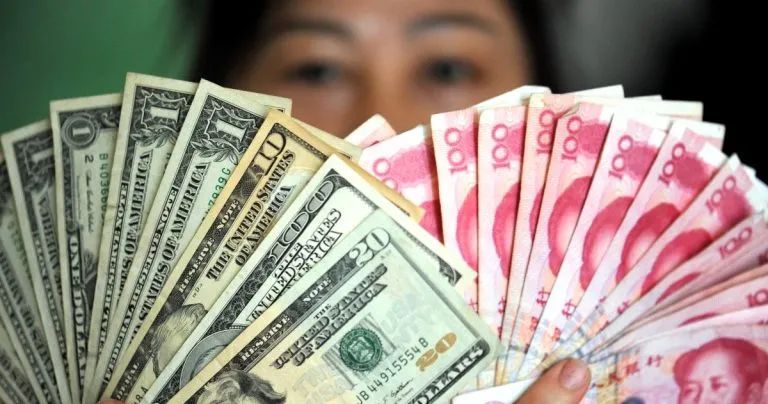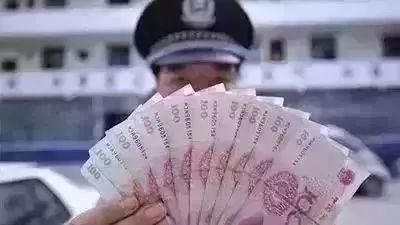At present, a tax system is in effect in China to ensure that “preferential treatment is mainly granted to industries, with regional preferences as a complement”. Today we are gonna briefly introduce some preferential tax policies on foreign investment.
In recent years, China has introduced some preferential tax policies to develop a better business environment for enterprises. This Guide focuses on the noteworthy preferential tax policies on foreign investment.
Btw, we’ve posted many articles on this issue, you can search on our history page to read more.
High-tech enterprises enjoy a preferential tax rate of 15 percent.
Small, low-profit enterprises enjoy a preferential tax rate of 20 percent.
Where the taxable income is less than 1 million yuan ($156,600) or between 1-3 million yuan, the corporate income tax shall be collected at the reduced rates of 25 percent and 50 percent, respectively.
Effective through December 31, 2030, enterprises in western China in industries designated by the government for special encouragement shall enjoy a preferential tax rate of 15 percent.
Starting from the tax year that production/operation income is first generated, enterprises engaged in public infrastructure projects with major support from the government shall enjoy the “three-year exemption and three-year half rate” corporate income tax incentive.
Enterprises engaged in agriculture, forestry, animal husbandry, or fishery projects shall pay corporate income tax at a reduced rate or be exempted from it.
Starting from the tax year that production/operation income is first generated, enterprises engaged in eligible environmental protection or energy/water conservation projects shall enjoy the “three-year exemption and three-year half rate” corporate income tax incentive.
Enterprises purchasing specialized equipment for environmental protection, energy or water conservation, or production safety, 10 percent of the investment in equipment can be deducted from the tax amount payable.
A weighted deduction of 75 percent of an enterprise’s R&D expenditures shall be applied after the actual enterprise R&D expenditure is taken out in accordance with regulations; where enterprise R&D expenditure generates intangible assets, 175 percent of the cost of intangible assets shall be amortized.
Corporate income from technology transfer not exceeding 5 million yuan within a tax year shall be exempted from the corporate income tax; that which exceeds 5 million yuan shall be taxed at half of the rate.
Starting from the tax year that production/operation income is first generated, newly founded high-tech enterprises located in any of China’s five special economic zones or the Shanghai Pudong New Area shall enjoy a “two year exemption and three-year half rate” corporate income tax incentive.
Venture capital enterprises making eligible venture capital investments can enjoy deduction for the tax amount payable at a certain percentage of the amount invested.
Income from equity investments, including interest earned from the government bonds and stock dividends of resident enterprises, as well as certain specified income of non-profit organizations, are exempted from corporate income tax.
Foreign investors reinvesting their profits in China are temporarily exempted from the withholding income tax.
Eligible cutting-edge service enterprises across the nation shall pay the corporate income tax at a reduced rate of 15 percent.
We will keep following the updates on the preferential policies on foreign-trade enterprises. Stay tuned!
If you have any questions about doing business in China, please feel free to contact HACOS!

In order to help you reach the latest update on the global pandemic situation, HACOS has set a quick link on the menu of our WeChat page. Follow us, you can check it whenever you want!

Share to let your friends know!
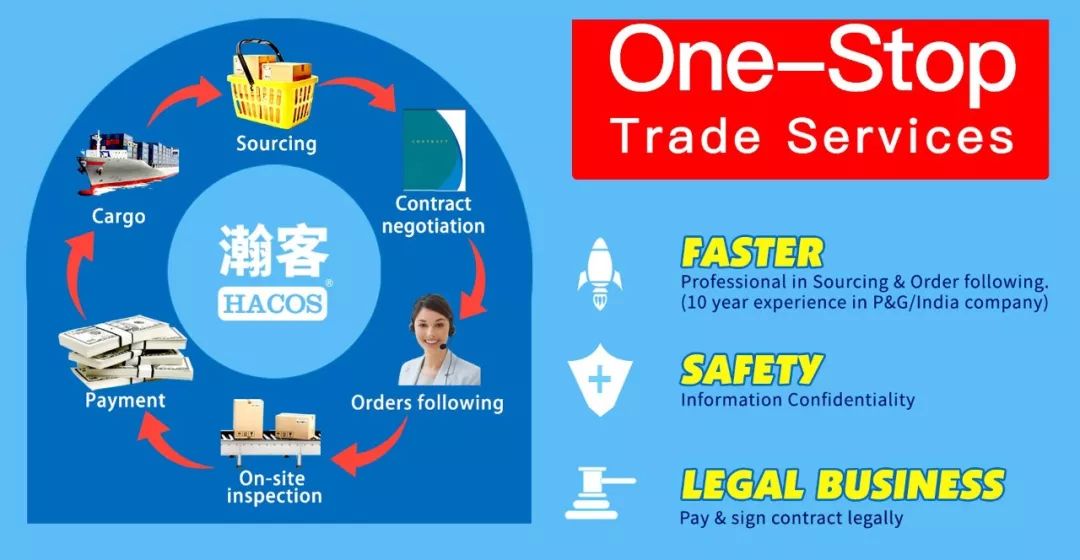
SOURCE | MOFCOM / China Tax
